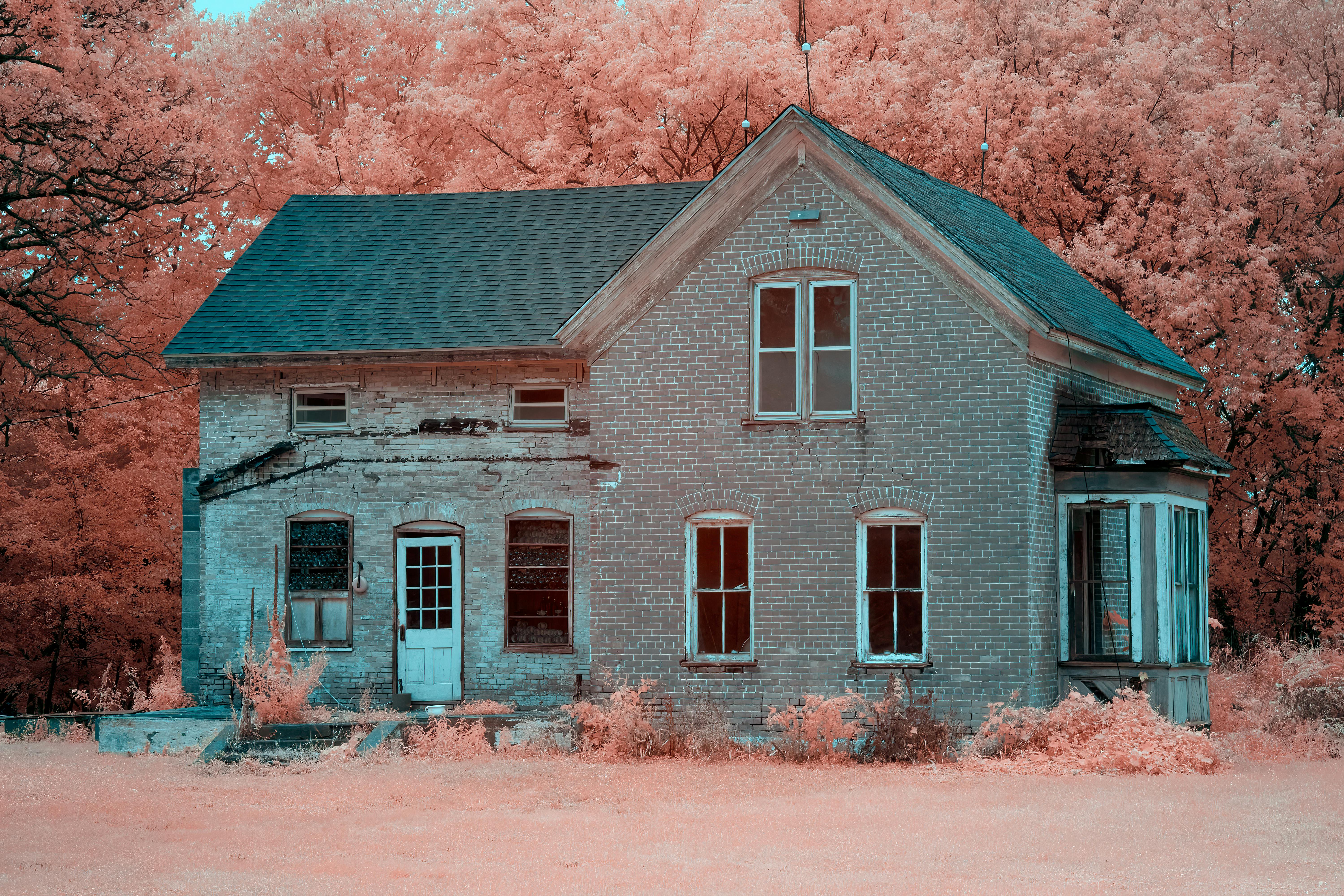Landlord Blog
Education and news for smart DIY landlords!
Zombie Estates: Investment Opportunities in Neglected Homes

Some of the most promising opportunities in real estate wear disguises of decay. A collapsing porch, a mailbox stuffed with old flyers, and a lawn gone wild can signal what investors call “zombie estates.” These homes may look like neighborhood blight, but they often hide serious profit potential for those willing to take on the challenge.
What Exactly Are Zombie Estates?
Zombie estates are the houses left behind—abandoned after foreclosure, tied up in probate, or simply neglected when owners stop caring for them. They sit vacant, weather slowly breaking them down, while neighbors wish someone would step in and restore them. On the surface, they look like financial headaches. For investors with vision, though, these properties are discounted doors into markets where competition for move-in-ready homes is fierce.
Why Investors Chase Them
Bargain Entry Prices
Because most buyers run the other way, zombie estates usually sell far below market value. That lower entry cost creates room for profit once the property is revived.
Control Over Appreciation
Turnkey homes rely on the market to rise in value. Zombie estates let investors force appreciation—upgrades, repairs, and redesign directly boost the home’s worth.
Rental Income Potential
Once renovated, these homes can feed long-term cash flow. In tight rental markets, a cleaned-up zombie estate quickly becomes attractive to tenants.
Neighborhood Lift
Fixing up a zombie estate doesn’t just line an investor’s pocket. It can lift the entire block, improving property values for everyone nearby and turning an eyesore into a point of pride.
The Challenges Hiding in the Walls
Of course, neglected homes don’t give up their profits easily. Years of vacancy often mean hidden structural damage, outdated electrical systems, or pest infestations waiting behind the drywall. Title disputes, unpaid taxes, and foreclosure red tape can drag out closing. Even financing is tougher—banks prefer pristine houses over fixer-uppers, pushing investors toward cash or hard money loans.
Discover: What Costs Are Involved in Flipping Houses?
How to Make the Numbers Work
- Inspect Thoroughly – Never assume a property only needs cosmetic fixes. Bring in inspectors and contractors before you commit.
- Budget with Cushion – Renovations almost always uncover surprises. Adding extra padding to the budget prevents a deal from sinking.
- Choose the Right Location – A zombie estate in a strong neighborhood will almost always pay off faster than a bargain in an area with declining demand.
- Build a Solid Team – Experienced agents, attorneys, and contractors who specialize in distressed properties can turn a risky deal into a smooth one.
Conclusion
Zombie estates aren’t for the faint of heart, but that’s exactly why they’re profitable. Where most buyers see boarded windows and a money pit, savvy investors see potential waiting to be unlocked. With careful planning and the right team, these neglected homes can transform from symbols of abandonment into some of the most rewarding investments on the market.
